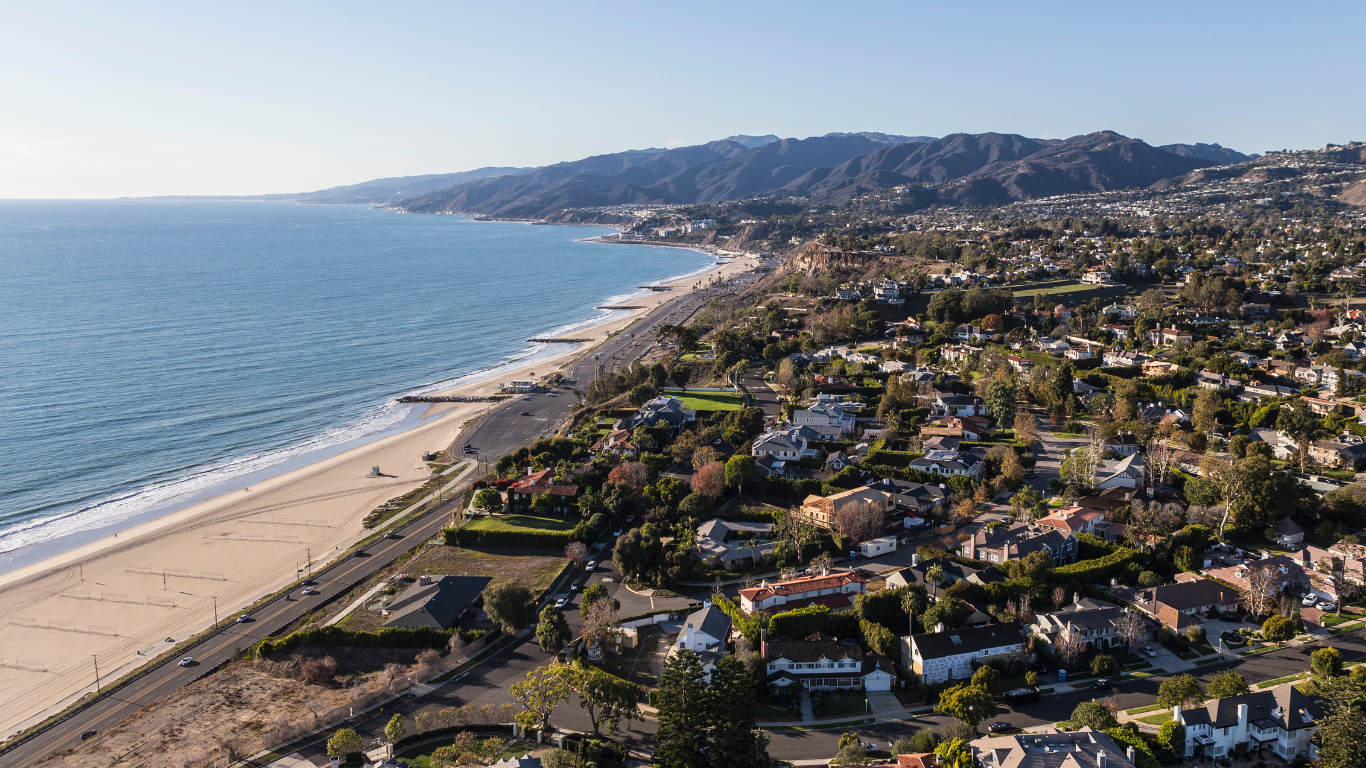Categories
Real Estate Strategies & NichesPublished October 24, 2025
Navigating Airbnb Regulations (Including Local Restrictions)

Short-term rentals (STRs) like Airbnb can be a powerful income stream, but they come with complex rules and regulations—especially in highly regulated cities like Los Angeles. For property owners or investors in neighborhoods such as Studio City, Toluca Lake, Sherman Oaks, Burbank, and Valley Village, understanding the landscape of local restrictions is essential. This guide walks through state and local regulations in 2025, best practices, risks, and how to stay compliant.
Core State & Local Regulatory Frameworks
California: No Uniform State STR Law, Local Control Prevails
California does not impose a statewide short-term rental licensing scheme. Instead, authority and regulation are left to cities and counties, which enforce zoning, registration, tax, and permitting rules. (GoSummer Short-Term Rental Laws)
Los Angeles: Home-Sharing Ordinance & Rules
-
Los Angeles limits STRs to a property that is the host’s primary residence. Hosts must register and obtain a Home-Sharing Registration (HSR) number. (Hostaway STR Rules LA)
-
Permitted listings may operate up to 120 nights per year by default. To host beyond 120 nights, hosts must obtain an Extended Home-Sharing (EHS) permit, available for those who have maintained registration for at least 6 months or completed 60 hosting nights. (Airbnb Help Center LA)
-
Hosts must display their registration number in all listings. (Truvi on LA Airbnb Laws)
-
STR listings are subject to the 14% Transient Occupancy Tax (TOT) on stays of 30 days or fewer; many platforms collect and remit this tax on behalf of hosts. (Lodgify LA STR Laws)
-
The City is considering new enforcement measures, including a proposed police permit requirement for STR hosts (though as of mid-2025 enforcement is still uncertain). (Open Air Homes on LA Permit Update)
-
Los Angeles prohibits short-term rentals in certain zones and in many rent-controlled units under the RSO (Rent Stabilization Ordinance). Hosts must ensure the property is not under RSO if applying for STR status. (ProPublica LA STRs Legal)
Los Angeles County (Unincorporated Areas)
-
L.A. County’s STR Ordinance / Title 22 allows short-term rentals as accessory uses in residential zones, but requires registration under Title 7 (Business Licenses). (LA County STR Ordinance)
-
In unincorporated areas, some parts of the county apply 90-day caps for hosted stays, minimum booking durations, registration, and fines for noncompliance. (Avalara on LA County STR Rules)
How This Affects Studio City, Toluca Lake, Sherman Oaks, Burbank & Valley Village
These neighborhoods fall under the City of Los Angeles, so the LA Home-Sharing and STR rules apply. Some neighborhood-specific observations:
-
In Studio City, listings must be primary residences under the Home-Sharing rules, and compliance helped by the citywide framework. (Open Air Homes notes STRs are allowed under permit in Studio City) (Open Air Homes Studio City STR)
-
Many neighborhoods like Toluca Lake, Sherman Oaks, Valley Village, and Burbank see high demand for short-term rentals. But due to zoning and enforcement, only listings meeting the primary residence and registration criteria are lawful.
-
Several STR owners in Burbank and nearby zones report that owners who do not meet primary residence requirements face delisting or fines when flagged for inspections.
-
Because housing scarcity is acute in these areas, the city has periodically proposed tightening STR permits to preserve long-term housing stock (e.g. exploring bans on extended stay permits). (Pacific Research on LA Crackdowns)
-
In fire-affected or disaster zones, the city may temporarily waive certain rules (e.g. for displaced residents) under executive orders. (Governor Gavin Newsom extended emergency short-term housing protections in LA through October 1, 2025) (Gov Newsom Emergency STR Housing)
Thus, if you own a property in any of these neighborhoods and want to operate an Airbnb (or short-term rental), make sure:
-
It is your primary residence (you live there >6 months/year)
-
You register and obtain the required permit
-
You adhere to the 120-night cap (unless extended permit granted)
-
You include the registration number on your listing
-
You remit TOT and abide by zoning and rent control rules
Violating these rules risks fines, delisting, or losing eligibility.
Best Practices & Compliance Tips
-
Always verify local zoning and rent control status before listing
-
Use conservative estimates in your revenue models (i.e. assume you’ll only be able to host 120 nights or less)
-
Maintain records of your primary residence status (utility bills, tax returns)
-
Be ready for periodic audits—platforms or city departments may request proof
-
Monitor changes—regulations evolve (police permit proposals, stricter enforcement)
-
Use a trusted STR manager or legal advisor who knows LA’s STR landscape
Want to Learn More or Get Personalized Guidance?
If you’re serious about learning more about funding or real estate opportunities in Los Angeles, email us at vinay@chinnirealty.com or call/text (323) 996-3746 to schedule a conversation.
Recommended Reads
To deepen your knowledge, explore these related guides on our site:
-
When It Makes Sense to Transition from Residential to Commercial Investments
-
How New ADU Rules Can Boost Affordability for First-Time Buyers
Connect with us!
Follow Chinni Realty Group for real estate insights, local market updates, and homeownership tips.
Instagram ⎟ Facebook ⎟ LinkedIn ⎟ YouTube





